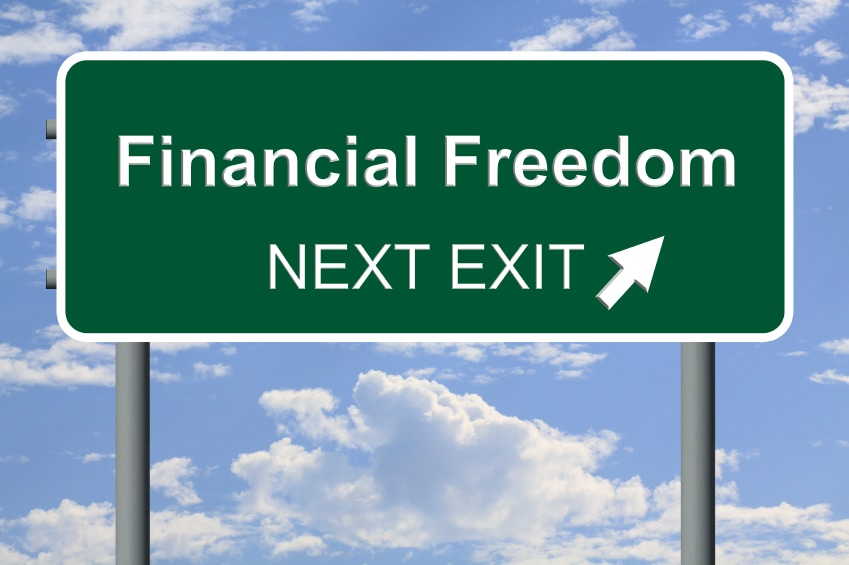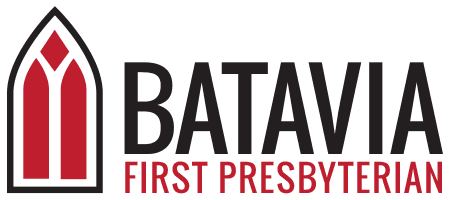
“Financial Freedom: The Source of our Suffering”
Bible Text: Genesis 41:15-36 | Speaker: Rev. Dr. Roula Alkhouri | Series: Financial Freedom | “Financial Freedom: The Source of our Suffering”
Genesis 41:15-36
As we begin this sermon series about financial freedom, my hope is to help us find not only peace, but also get a sense of genuine freedom and joy by putting money in its proper place in our lives. Why does money have such power in our lives and in our world? There are many different answers to this question, but the one I want us to focus on today is this: It is because WE give money such power. Money by itself is not good or bad. It is neutral. In fact, it could become useless if we stop circulating it. Money is something that we as humans made up and yet as Lynne Twist puts it, “Money is the most universally motivating, mischievous, miraculous, maligned, and misunderstood part of contemporary life.” And the real reason we give money such power in our lives lies in our unconscious and often unexamined beliefs about money which we learned and developed in childhood. The culture around us, our parents’ ways of dealing with money, and the hidden money messages around us often lead us into negative beliefs about money. As a result, money becomes a source of anxiety and pain for most people. Even if we personally are not anxious about money or are not suffering because of our belief systems about money, our country and our world suffers because of money. If you look at wars throughout history, the real underlying issue is always economic. People fight over resources because the unconscious belief is that there are limited resources and those who are on top should control them. The recent struggle in northern Syria is just one example. That region has 90% of Syria’s oil reserves. That is why Turkey, the Kurds, the US, Russia, and the Syrian government are all fighting over it.
Growing up in the Middle East, the unconscious beliefs that I picked up was that money meant status. Even the showing of generosity was about status. Here is a funny clip from an Iranian comedian about Middle Eastern people fighting over paying the bill:
I have seen my father and his cousins fight over paying in a restaurant many times and the message was clear. Whoever won the fight would feel good about their status. The older the man, the more important it was for him to be the one to foot the bill.
The story may be different in each culture in terms of norms around money, but the negative messages about money seem to grow the more money a culture has. People are often amazed when visiting an economically poor country how generous the people are and how they share everything even when they don’t seem to have much to share. It is truly sad how the more money we have, the more complicated our relationship with money gets.
Today we will look at a Bible story that helps us examine the source of our suffering when it comes to money. The story comes to us today from ancient Egypt, from the bedroom of one of the kings of Egypt. It is about the king’s fears about resources. As we know when we are worried about something, it often keeps up at night and if we fall asleep, it finds its way into our dreams. This was the case for the Pharaoh at the time of Joseph, the son of Jacob. The king had a worrisome dream and needed someone to help him interpret it. The dream involved the Nile River which was the foundation for the health and prosperity of the whole nation. Any threat to the health of the Nile River was a serious threat to the whole nation and Egyptian Empire. That is why when Joseph came and offered Pharaoh a plan for dealing with his nightmare, Pharaoh was very willing to follow the suggestions of Joseph. The idea of storing grains and preparing for some bad years sounded like a great solution to one of the most haunting fears for the king of Egypt. But what seemed on the surface like a good idea, was actually the beginning of putting into action an economic system based on fear and scarcity. This kind of mentality of fear around money eventually led to the enslavement and exploitation of the Israelites for a long time. This was in total contradiction to God’s vision of abundance in the beginning of the book of Genesis. The story of creation was a story of abundance and providence. It was a story of faith in the goodness of God’s creation. But here we have a different vision. It is a vision based on fear and a sense of scarcity. In his interpretation of this passage, biblical scholar Walter Brueggemann astutely points to this shift in vision. He writes, “In that chapter Pharaoh dreams that there will be a famine in the land. So Pharaoh gets organized to administer, control, and monopolize the food supply. Pharaoh introduces the principle of scarcity into the world economy. For the first time in the Bible, someone says, ‘There’s not enough. Let’s get everything.’ . . . Pharaoh hires Joseph to manage the monopoly. When the crops fail and the peasants run out of food, they come to Joseph. And on behalf of Pharaoh, Joseph says, ‘What’s your collateral?’ They give up their land for food, and then, the next year, they give up their cattle. By the third year of the famine they have no collateral but themselves. And that’s how the children of Israel become slaves-through an economic transaction.”
Instead of finding ways to empower and equip the people to deal with the ups and downs of the fertility of the land, Pharaoh with the help of Joseph used economic uncertainty and vulnerability to create more power and wealth for his empire. The nightmare of Pharaoh about scarcity became the reality of the Hebrew people and others who lost everything in order to survive because Pharaoh found a way to profit from their misery. On the one hand, we can say, “well Pharaoh was trying to deal with the challenge of a famine.” On the other hand, we can see that Pharaoh used the drought as a tool to subjugate and enslave people. There were other potential ways to deal with the drought, but Pharaoh chose the one that ended up in the misery of many people because he must have had an unconscious fear around money and resources. He had not examined the validity of his beliefs and assumptions about money.
In order for us to rewire our brains and align our financial beliefs and practices with God’s vision for the world, we have to name and examine our unconscious stories about money. We have to bring them out into the light to see if they are serving or hurting us and our world. In your bulletin/announcements today, there is an exercise for reflecting on your childhood beliefs about money. The purpose of this is not to judge but to become aware of your financial triggers and hidden messages.
The second piece which I would like to us to use together comes from Eric Law and is called “From Money to Blessing.”
“Recall an earlier time in your life when money was flowing in a way that gives blessings. It could be a story or experience in which your parents, relatives, friends, or elders used money in a way that built relationships, told the truth, fostered wellness, or built up the community.
Where were you? Who was there? What were you doing?
Where did the money involved come from?
What blessings did the money exchange for?
Who or what group was enriched?
What long-term benefits did this create?
How did this experience impact the way you use money today?”
I would like to end with an illustrated reading from Geneen Roth form her book Lost and Found. In 2008, Geneen and her husband lost everything they because of Bernie Madoff’s Ponzi scheme. After recovering from the shock of that loss, Roth discovered a new path to freedom, especially financial freedom which changed her relationship to money.
She writes, “Here’s what I’ve discovered about money: We’ve already done the projection thing and it hasn’t worked. We’ve laminated wisdom and financial savvy onto people we think have money figured out. Regardless of the kinds of fathers or wage-earning mothers we had…we looked to them for the template of power and wisdom in relation to money. Because they had all the earing power, we assumed they had all the power. But it’s not too late. It’s possible to understand money as an expression of our life’s energy and to use it to support life rather than to destroy it. It’s possible to redefine what making a profit actually means and recognize that as long as one person wins and another loses, no one wins. It’s possible to understand what happens to our money an to use it to reflect what we value most instead of turning it over to questionable characters and complicated investments. It’s possible to find what was never lost to begin with -our ability to feel, give, receive, know, question, learn, change -and to allow that to be the wellspring of our wroth. When we spend as much time investing in our inner lives as we do in getting and having more, how we live on this earth and inside our bodies will change. The Madoffs of the world profit because we let them. They’ve had their chance. It can be our turn now. If we take it.”
May we find the grace we need to discover the source of our financial suffering and to let God heal and renew us to live by a vision of abundance and gratitude. Amen.
My Childhood Money Beliefs
What was the role of money in your childhood? What is your happiest memory in connection with money? What is your saddest memory? What attitude did your mother have toward money? Father? What was your attitude toward money as a child? Did you feel poor or rich? What was your attitude toward money as a teenager? What are your memories of this period? What role did money play in your life as a young adult, as a parent? What were some of the feelings that you regularly had connected to money? Did you know your family’s financial commitments or giving to charities? Did your family talk about money? What were some of the cultural messages you got about money and possessions as a child or a teenager? What are some of the feelings or emotional triggers that you have today that go back to your childhood beliefs about money?
“From Money to Blessing”
Recall an earlier time in your life when money was flowing in a way that gives blessings. It could be a story or experience in which your parents, relatives, friends, or elders used money in a way that built relationships, told the truth, fostered wellness, or built up the community.
” Where were you? Who was there? What were you doing?
” Where did the money involved come from?
” What blessings did the money exchange for?
” Who or what group was enriched?
” What long-term benefits did this create?
” How did this experience impact the way you use money today?”
